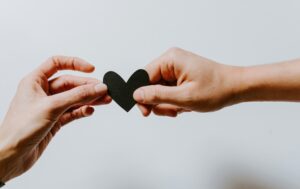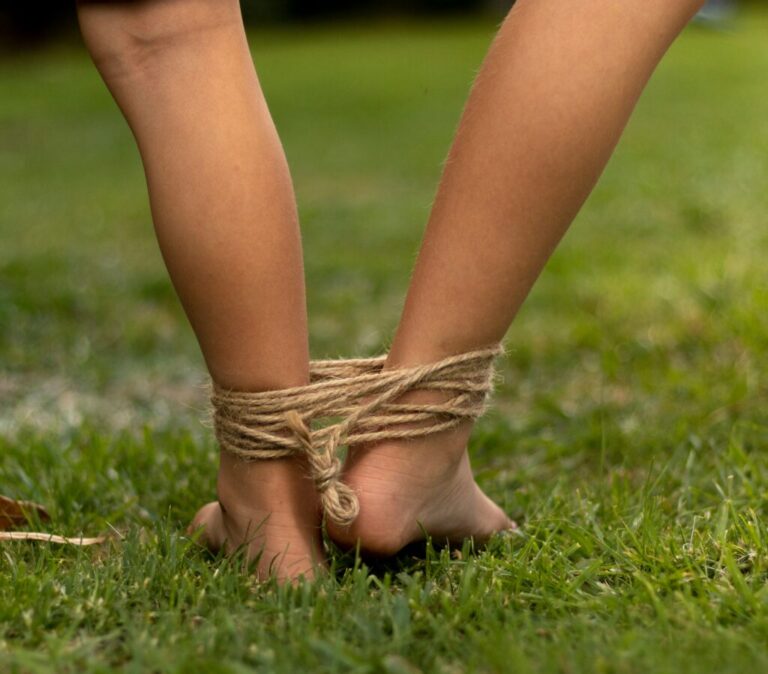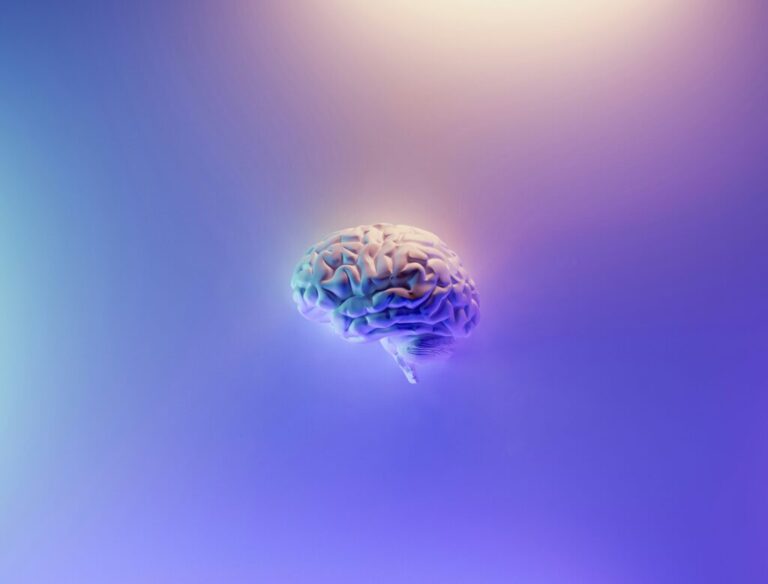
Even the strongest relationships struggle when addiction hits. Both partners often find themselves caught in a web of challenges that can be tough to untangle. Here are some common hurdles you might encounter:
- Bumps in Recovery: It’s common to hit rough patches during recovery—setbacks, relapses, and those overwhelming feelings that you might have avoided while using.
- Healing Relationship Wounds: Addiction can leave scars in your relationship that need mending. Recognizing and addressing these is essential for moving forward together.
- Triggering Addictive Behaviors: Sometimes, relationship issues can trigger old coping mechanisms, leading to a cycle of unhealthy behaviors.
These struggles can create a feedback loop that makes it easy to feel lost. If you lack the right tools to navigate these challenges, you might find yourself spiraling—problems in recovery affect your mental health, which in turn impacts your relationship, leading you back to addictive behaviors in search of comfort.
Recovering Together
Recovery isn’t just about overcoming addiction; it’s about growing as a couple, too. While setbacks are a part of the journey, we’re here to help you and your partner support each other, transforming challenges into opportunities for connection and strength.
Open dialogue about setbacks is crucial. We’ll guide you in having those important conversations, creating a safe space for each partner’s feelings, building understanding, and healing together.
The Impact of Addiction on Relationships
Addiction can disrupt the balance in your relationship, but talking about how it affects both of you is the first step toward healing. Our goal is to help you communicate in a way that feels safe, motivating you both to embrace change. A couples counselor trained in both addiction and relationship dynamics can be a vital resource in this process.
When addiction enters the picture, it can create distance. Addictive behaviors may offer a temporary escape from pain, but they often lead to long-term unhappiness and deeper rifts in your relationship.
For those using, it can lead to broken trust and a withdrawal from emotional connection. For the partner who isn’t using, feelings of hurt, anger, and fear may arise, leading to resentment as they bear the weight of maintaining the relationship.
But there’s hope! Together, we can begin to heal.
The Cycle of Conflict and Addiction
This can create a vicious cycle: tension from addiction leads to disconnection, making it harder for the partner struggling with addiction to stop, while the other feels increasingly neglected and hurt. Remember, substance use often serves as a band-aid for unmet emotional needs.
We’re here to help you break that cycle and meet each other’s needs through healthy communication.
Building Supportive Relationships
While being in a relationship isn’t a cure for addiction, healthy connections are crucial for recovery and personal growth. Supportive relationships can come from anywhere—partners, friends, or family—but the intimacy of a romantic relationship offers a unique opportunity for healing.
Having a partner with whom you can be open and vulnerable creates a safe space to ask for help and celebrate victories, no matter how small. In couples addiction counseling, we’ll work together to improve communication and address both partners’ needs, ensuring you both have a solid plan to support recovery within your relationship.
If any of this resonates, you might be interested in learning more about the online programme I’m setting up to help couples navigate recovery together. Click here for more details or just send me a message. I’d love to hear from you.
Together, let’s create a path toward healing and connection!

